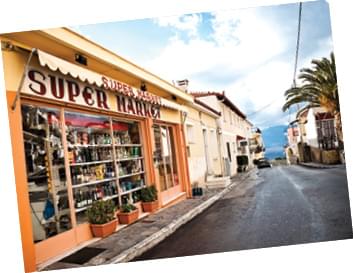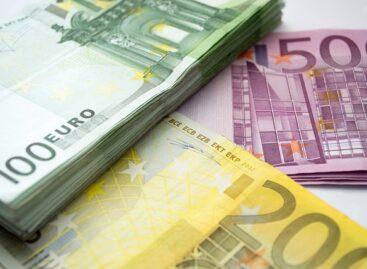Greece: how economic crisis affects consumption
According to the results of a Nielsen survey, in the last quarter of 2011 89 percent of Greeks were of the opinion that their country was in economic recession. Somewhat surprisingly, the same ratio was even higher in other European counties: Portugal – 97 percent, Croatia – 96 percent, Italy – 95 percent, Spain – 92 percent, Hungary – 91 percent.
If we look at food retail sales, we can see that in Greece it developed below the level of many European countries in the third quarter. In 21 examined European countries FMCG value sales climbed 4 percent and volume sales were up 0.5 percent on average, while in Greece value sales augmented by 0.2 percent but volume sales dropped 2.4 percent; average prices only increased by 2.6 percent. In Greece 93 percent of consumers cut down on their spending – the global average is 67 percent, Hungary is at 78. Greeks try to economise by going out less (76 percent), spending less on clothes (70), buying cheaper food (68) and by not going on holiday (60). When the economic situation improves, one third of Greeks plan to continue saving on household energy and on clothes; 28-28 percent will keep to going out less and continue buying cheaper food.








